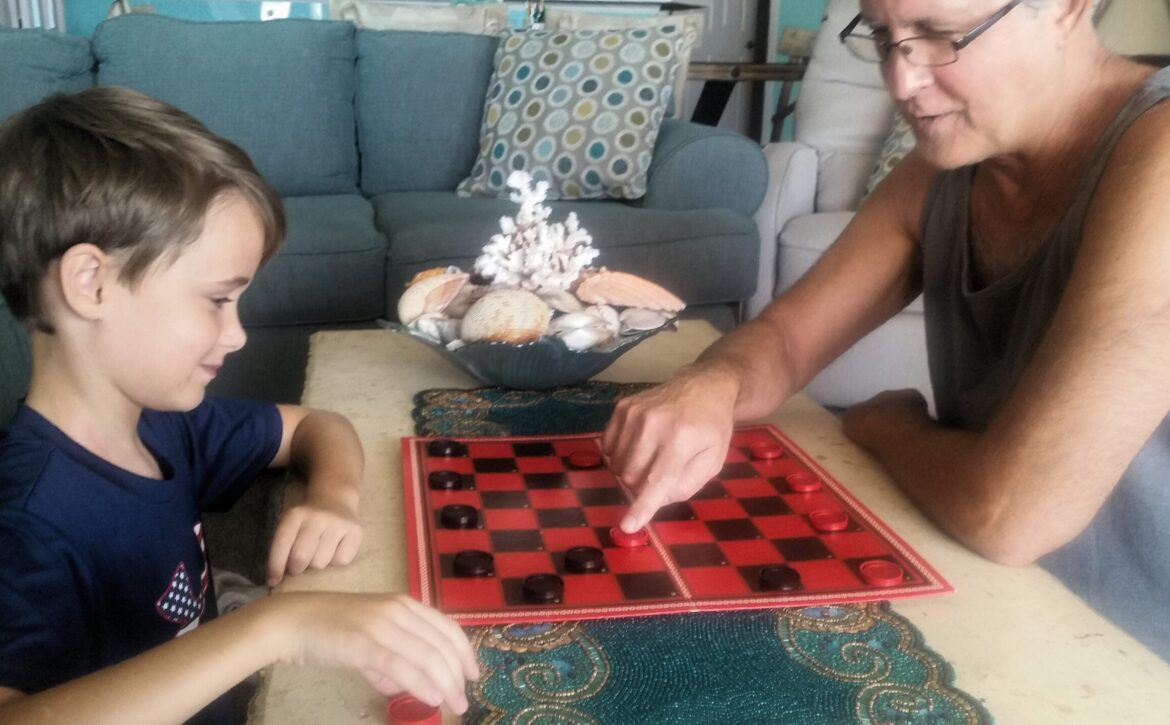Planning the Perfect Family Game Night: Tips & Strategies
Sometimes, it can feel like a daunting task to put together a great family game night. With so many different games and personalities involved, planning the perfect evening can be tricky. But with a few simple strategies, you’ll be able to create an experience that everyone in the family will love!
Choose a Game:
The first step in organizing any successful game night is to choose the right game. Ideally, you want something that is age-appropriate and offers enough challenge for more experienced players. There are plenty of classic board games available, such as Monopoly and Scrabble, or you could opt for something more modern or even DIY-style. Don’t forget about card games—they’re always an easy way to get everyone involved quickly and easily!
Set Ground Rules:
Before the game night kicks off, it’s important to set some ground rules. It’s especially important if there are younger children involved who may not fully understand the nuances of strategy games yet. Make sure there are clear expectations on behavior and communication during the game—such as no shouting or criticism—so that everyone can have fun without getting frustrated.
It’s also important to establish decision-making processes when playing complex board games, such as how to resolve disputes or disagreements if two players disagree on which action to take. This will help ensure that everyone has an equal chance at winning regardless of age or experience level.
Encourage Teamwork:
Depending on your chosen game and how many people are playing, it might be beneficial to split up into teams so that everybody feels included in the action and teamwork is encouraged. Having multiple players working together can lead to interesting strategies being used, as well as helping younger kids learn from more experienced players without feeling overwhelmed by their opponent’s knowledge base.
Keep Everyone Involved:
If possible, try to keep all your players engaged throughout the entire activity by switching up “guest turns” throughout the game or coming up with creative new ways for them to interact with one another outside of just taking turns with pieces on the board or cards in hand. For example, give each person an opportunity to come up with questions related to what’s happening in the game at any given time – this allows young kids not quite familiar with complicated strategy concepts yet still provide their input in exciting new ways! If all else fails and someone gets bored, don’t be afraid to pause for a snack break (or two).
Finishing Touches:
Above all else, remember that family game nights should be about having fun together as much as they are about competition! You don’t need fancy equipment or expensive sets; just some basic boardgames and enthusiastic participants should do just fine! Many families keep traditional boards passed down from generation after generation – these often have incredibly sentimental value attached that add sweet touches and memories into future generations’ experiences too! Plus, everyone loves snacks – make sure you have plenty around for whenever hunger strikes 🙂
With these tips in mind (and some luck!) you should be ready for hosting an amazing family game night experience soon! Have any other ideas? We’d love to hear them over at Jumbaloo – let us know what worked best for your group!










